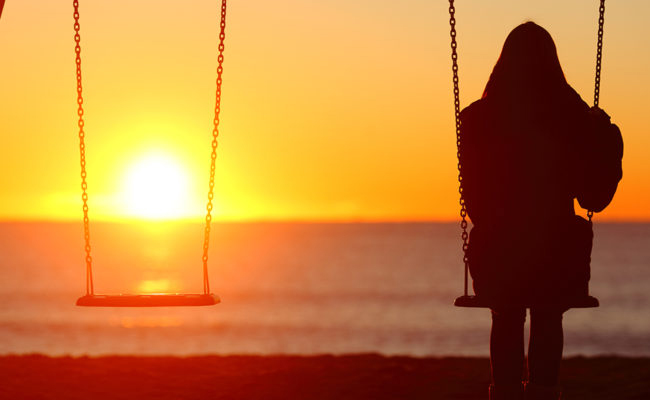
Special Articles

Though films may carry titles like "Solo Brathuke So Better", they often end with the hero getting married. Whether the film starts with declarations of being single or showcases double love stories (like in Bheeshma), in reality, India is seeing a noticeable rise in the number of youth choosing to remain single — a trend that’s no longer limited to celebrities like Salman Khan, Rahul Gandhi, or Prabhas.
Statistics, though limited, indicate a steadily growing percentage of young Indians staying away from marriage. While there hasn’t been focused research on this issue, observational data from rural to urban areas shows a significant rise in solo lifestyles. It's estimated that around 10% of Indian youth may now be completely opting out of marriage. In a society like India, where traditions often dictate life decisions, this is a major cultural shift.
What Changed?
A few decades ago, marriage was seen as a given. In the 90s and early 2000s, there wasn’t much fuss about getting married — even unemployed or laid-back individuals would get married without much difficulty. But things started changing rapidly after 2005. A stable job became a mandatory requirement for marriage, even in villages.
Even owning acres of farmland no longer guaranteed a match — potential brides' families became fewer, despite financial or property assurance. Today, young men involved in farming have almost given up on the idea of marriage altogether, realizing it’s become a near-impossible task. In any village with a population of 1,000, you’ll easily find 30–40 such young men, resigned to bachelorhood.
Two Distinct Categories of Singles
Rural Youth: Many have turned into lifelong bachelors, fully aware that marriage is now beyond their reach due to societal changes and expectations.
Urban Youth: For city-born youngsters, arranged marriages are no longer simple. Only those whose parents are financially well-off or who themselves earn big packages may find easier paths — either through arranged or love marriages. Otherwise, marriage remains elusive even after years of searching.
Interestingly, many in cities who can marry are choosing not to. They prefer freedom over the responsibilities that come with marriage. They're even resisting parental pressure, sticking to their solo decision. The number of such individuals is steadily growing.
Why the Shift?
The perception that laws are heavily tilted in favor of women.
Fear of not meeting the expectations of women or their families.
Widespread media coverage of relationship conflicts and divorces.
Declining respect for traditional values and marriage structures.
An increasing number of people opting for live-in relationships in their early 20s and getting disillusioned after a few years.
While popular media may or may not portray these stories, in real life, such narratives are becoming increasingly common.
In a country once driven by the ideal of settling down with “a house, a spouse, and children,” today’s youth are breaking away from this mold. Even without solid academic studies to back it, the shift is clearly visible — solo life is no longer a taboo, it's becoming a norm for many.
Advertisment